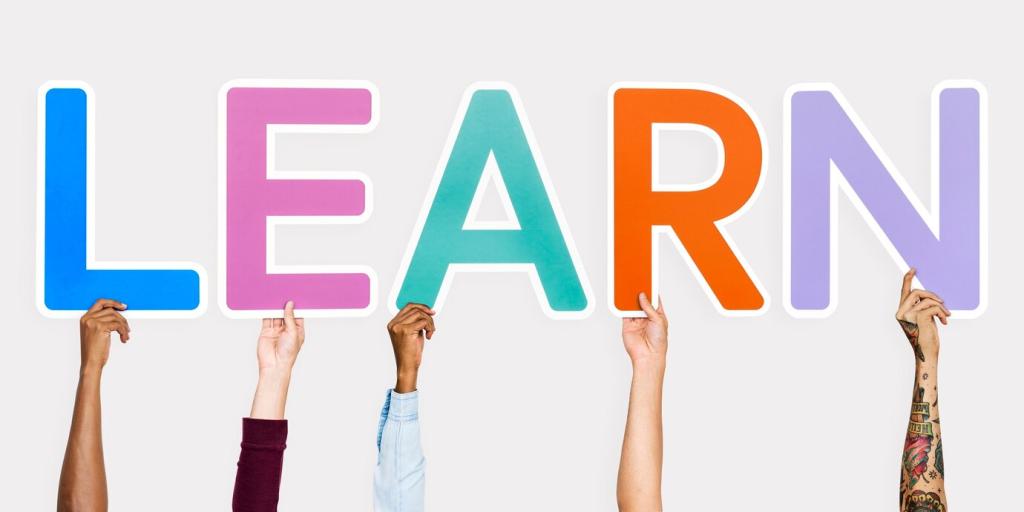Education's Role in Economic Resilience
Today’s chosen theme is ‘Education’s Role in Economic Resilience’. Explore how learning equips people, communities, and industries to withstand shocks, adapt with confidence, and turn uncertainty into opportunity—plus practical ways you can participate, share, and subscribe for ongoing insights.
Why education strengthens economies in turbulent times
Educated workers adjust faster when markets shift, retooling skills, interpreting new information, and identifying alternative pathways. This agility stabilizes family finances, protects firms’ operations, and reduces the depth and duration of local recessions.


Why education strengthens economies in turbulent times
Strong schooling moves people beyond single-task roles toward versatile capabilities—critical thinking, data literacy, communication—that travel across sectors. When one industry contracts, these portable skills shorten unemployment spells and accelerate transitions into growing fields.
When a local plant shut down, a community college launched evening certificates in energy auditing and solar installation. Within months, graduates formed crews serving municipal retrofits, restoring incomes while cutting utility bills for neighbors.

Learning raises individual productivity, but it also spreads benefits. Teams with diverse expertise innovate faster, suppliers improve quality, and local firms adopt better management practices—together cushioning communities when external shocks arrive.
Evidence and mechanisms that link learning to resilience
Policy pathways that make education resilience-focused
Prioritizing early literacy, numeracy, and socio-emotional learning creates durable benefits. When downturns hit, individuals with strong foundations learn new tools faster, navigate stress better, and maintain progress despite external disruptions.


Policy pathways that make education resilience-focused
Technical and vocational programs aligned with regional industries help learners earn while learning. Adaptive curricula and short cycles let schools update modules quickly, matching emerging jobs and smoothing transitions after sectoral shocks.
Closing the skills gap before the next disruption
Critical thinking, collaboration, and communication
Employers consistently value problem framing, teamwork, and clear messaging. Embedding these across subjects turns every course into resilience training, improving adaptability when tools change and job descriptions evolve.
Tech fluency with real-world context
Pairing data literacy and coding with sustainability, health, and civic challenges grounds skills in purpose. Students learn to apply technology meaningfully, enabling faster redeployment when markets redirect investment toward emerging priorities.
Entrepreneurship as a safety valve
Exposure to entrepreneurial thinking helps people prototype services, test markets, and diversify income. Even small side ventures can bridge gaps during downturns, preserving savings while building platforms for future growth.

This is the heading
Lorem ipsum dolor sit amet, consectetur adipiscing elit. Ut elit tellus, luctus nec ullamcorper mattis, pulvinar dapibus leo.

This is the heading
Lorem ipsum dolor sit amet, consectetur adipiscing elit. Ut elit tellus, luctus nec ullamcorper mattis, pulvinar dapibus leo.
Your next step: build your personal resilience plan
Choose one micro-course, one book, and one practice project aligned to your goals. Share your plan in the comments, and subscribe for monthly prompts that keep momentum tangible and trackable.

